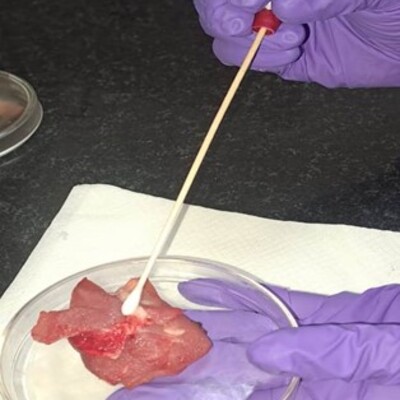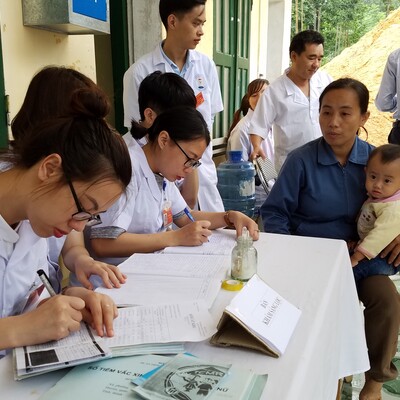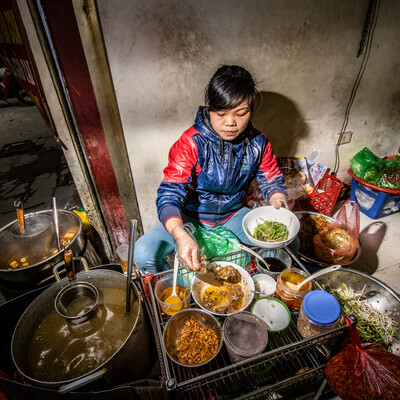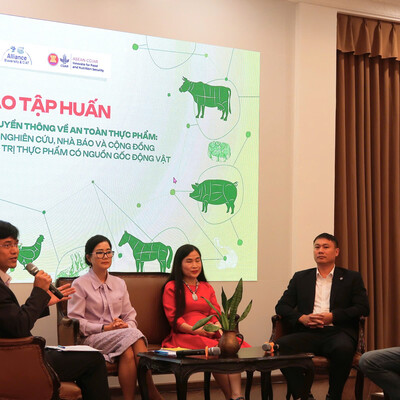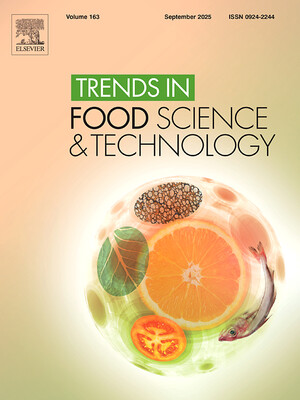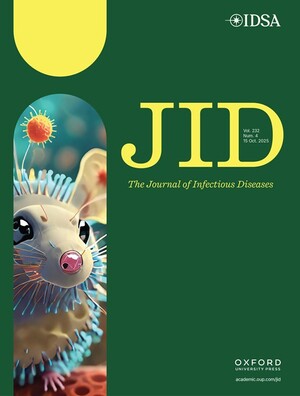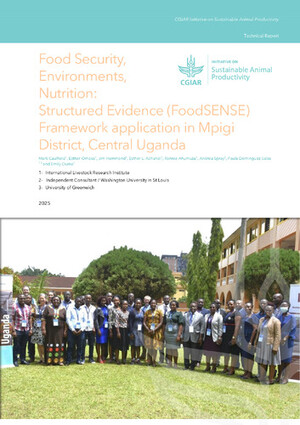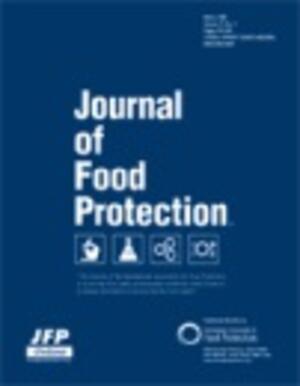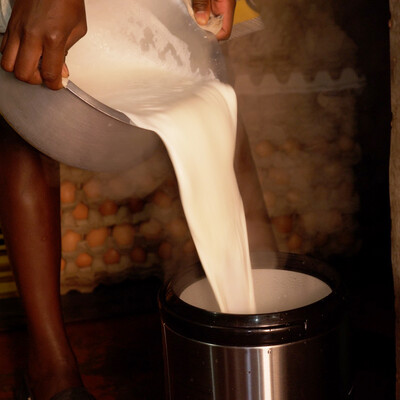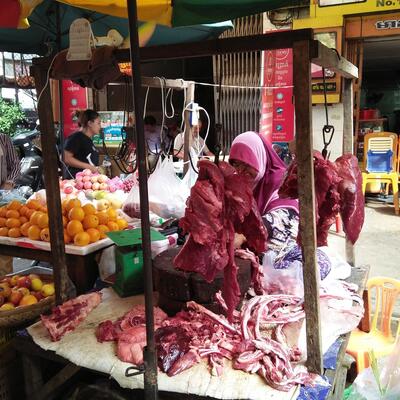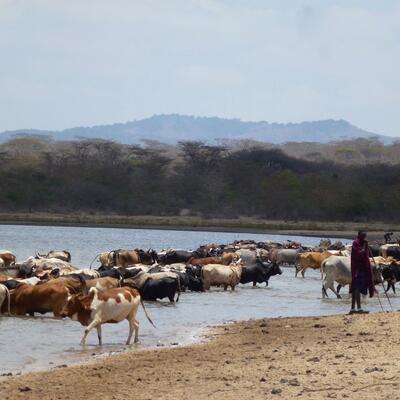
Celebrating the inaugural #WorldFoodSafetyDay: A focus on food safety research at ILRI
 Food market near Khulungira Village, in central Malawi (photo credit: ILRI/Stevie Mann).
Food market near Khulungira Village, in central Malawi (photo credit: ILRI/Stevie Mann).
Today marks the first ever World Food Safety Day following the adoption in December 2018 of a resolution by the United Nations General Assembly to set aside 7 June of every year to celebrate the benefits of safe food and inspire action towards preventing and managing foodborne diseases.
In Asia and Africa, most livestock products and fresh produce are sold in informal markets. The human health burden from foodborne disease is comparable to that of malaria, HIV/AIDS or tuberculosis. Unsafe food is also a barrier to market access for poor farmers.
Food safety is a key part of the research portfolio of the International Livestock Research Institute (ILRI). ILRI leads the food safety flagship of the CGIAR Research Program on Agriculture for Nutrition and Health (A4NH). This flagship seeks food safety solutions that can work in informal markets; it focuses primarily on mitigating aflatoxin contamination in key staples and on managing risks in informal markets for nutrient-rich perishables like meat, milk, fish and vegetables.
Our approach to food safety research is based on risk analysis. We identify the hazards in food and build the capacity of policymakers to understand risk-based approaches; policy will be more effective and efficient if based on actual risk to human health rather than the presence of hazards. We generate evidence and develop solutions to improve the safety of animal products in informal food markets.
Better management of foodborne diseases could save nearly half a million lives a year and safeguard the livelihoods of over one billion small-scale livestock producers. Indeed, there is no food security without food safety.
Some of the collaborative food safety projects that ILRI has led in the past include work on mitigating the risk of mycotoxins in the feed–dairy value chain in Kenya, improving food safety in smallholder pig value chains in Vietnam and food safety risk assessment and piloting of food safety interventions in eight countries in Africa.
Our current food safety projects seek to test market-based approaches to improve food safety in Cambodia, Vietnam, Burkina Faso and Ethiopia.
Listed below are some recent publications on food safety by ILRI and partners.
- Roesel, K. and Grace, D. 2014. Food safety and informal markets: Animal products in sub-Saharan Africa. London, UK: Routledge.
- Grace, D. 2017. Food safety and the Sustainable Development Goals. Nairobi, Kenya: ILRI.
- World Bank. 2017. Vietnam food safety risks management: Challenges and opportunities. Technical Working Paper. Hanoi, Vietnam: World Bank.
- Grace, D., Dominguez-Salas, P., Alonso, S., Fahrion, A., Haesler, B., Heilmann, M., Hoffmann, V., Kang’ethe, E., Roesel, K. and Lore, T. 2018. Food safety metrics relevant to low and middle income countries: Technical brief. Agriculture, Nutrition and Health Academy Food Safety Working Group. London, UK: Innovative Methods and Metrics for Agriculture and Nutrition Actions Programme.
- Global Food Safety Partnership. 2019. Food safety in Africa: Past endeavors and future directions. Washington, DC: World Bank.
- Grace, D., Dipeolu, M. and Alonso, S. 2019. Improving food safety in the informal sector: Nine years later. Infection Ecology & Epidemiology 9(1): 1579613.
- Jaffee, S., Henson, S., Unnevehr, L., Grace, D. and Cassou, E. 2019. The safe food imperative: Accelerating progress in low- and middle-income countries. Agriculture and Food Series. Washington, DC: World Bank.
For more information on ILRI’s food safety research, contact the A4NH food safety flagship leader Delia Grace Randolph (d.randolph@cgiar.org).






